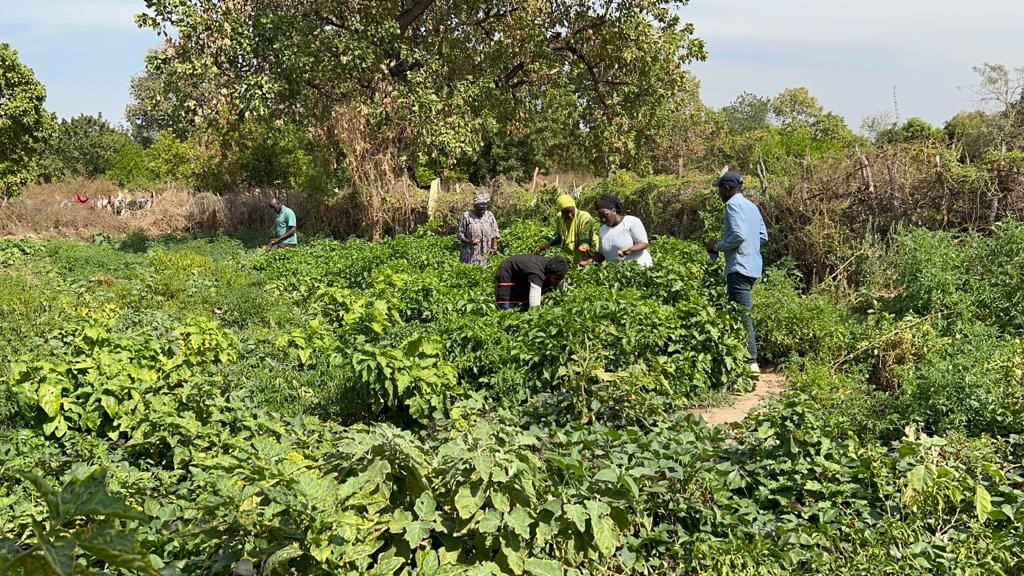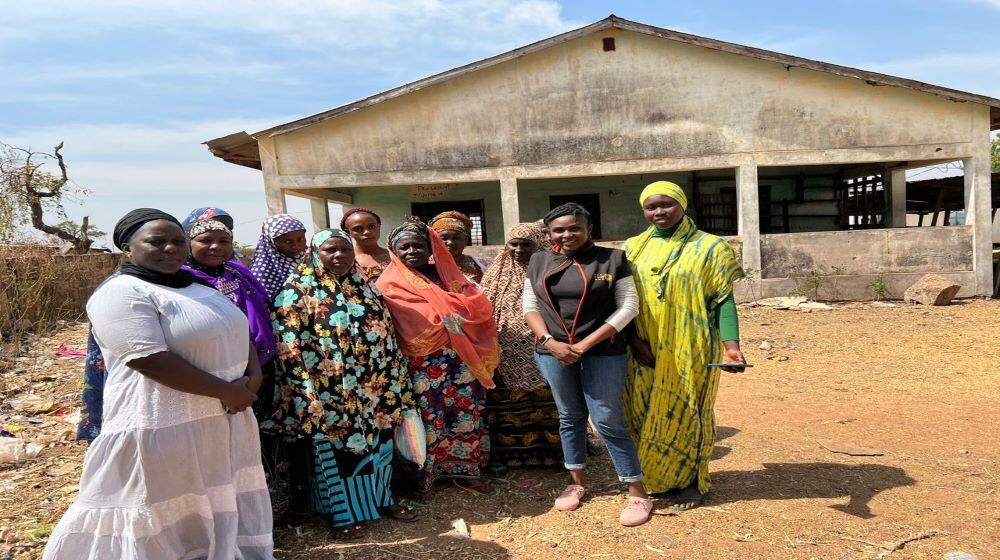Women can effectively be drivers of change when given the right opportunities and empowerment. For this reason, they must be adequately represented in decision-making processes and be given the tools to assume leadership roles. When given this opportunity, women are in a better position to represent other women and their interests.
In The Gambia, only three of the 58 members of the Gambian National Assembly are women. In the executive, women comprise only three of 23 cabinet positions, at the local level eight out of 120 councillors and among traditional council leadership of the 1887 Alikaalo only 13 are female. While these numbers are low, women are often involved in their communities and grassroots development when given the opportunity to serve.
While evidence indicates women are given few leadership positions especially in politics, it is also perceived that they perform better than their male counterpart, but they continue to suffer a lot of inhibition preventing them from leadership roles. Some of these inhibitions include negative social norms and perception of women in leadership, religious bias of women roles and responsibilities and unfavourable legal environment.
Although, few women in the Gambia have managed to move up the political ladder and participate in decision-making. Among them is Haja Jarrai Jagana a native of Jimara District where she is currently a ward councillor. Haja in her position as a Ward councilor has supported women’s groups to set up gardens as a means of livelihood for women in her community. She has used this strategy to support over 80 women in her community. According to her,
the profit we make from this garden is used to procure additional delivery beds for the Bakadagi Health Centre for women, before now pregnant women in labour have to wait in turns to deliver their babies as a result of insufficient delivery beds in the facility that was serving the whole ward and the next available health centre was over 2km from their community

In the Gambia, women make up over 70% of agricultural labor, primarily due to their involvement in subsistence farming, which helps them take care of their families and participate in social activities. As such, women of Jimara can use their subsistence farming to support their livelihood, especially their children’s school fees, daily feeding, and upkeep.

Interestingly, when women have limited access to resources to support themselves and their families, this, unfortunately, forces them to relegate their health and well-being as secondary issues. Therefore, when their health and well-being are at stake, it has critical negative implications on social, and economic implications which will ultimately affect the socio-economic development of nations, especially their participation in politics.
UNFPA through the UN Peacebuilding funded project is supporting more women’s political participation such as the likes of Haja Jarra by strengthening their leadership skills and preparing them to effectively participate in decision-making processes, especially in the political arena, and in turn, they become drivers of peace and agents of change in their communities.
Media contact:
Faith Ememodo- Communications Associate, UNFPA The Gambia ememodo@unfpa.org


